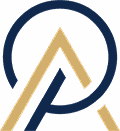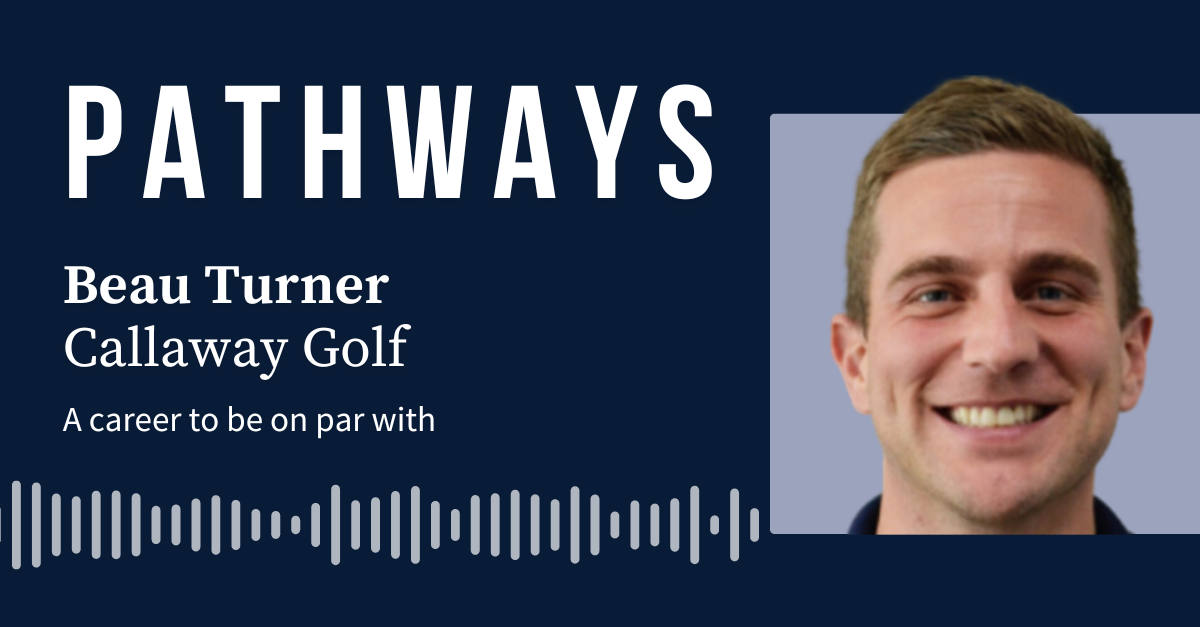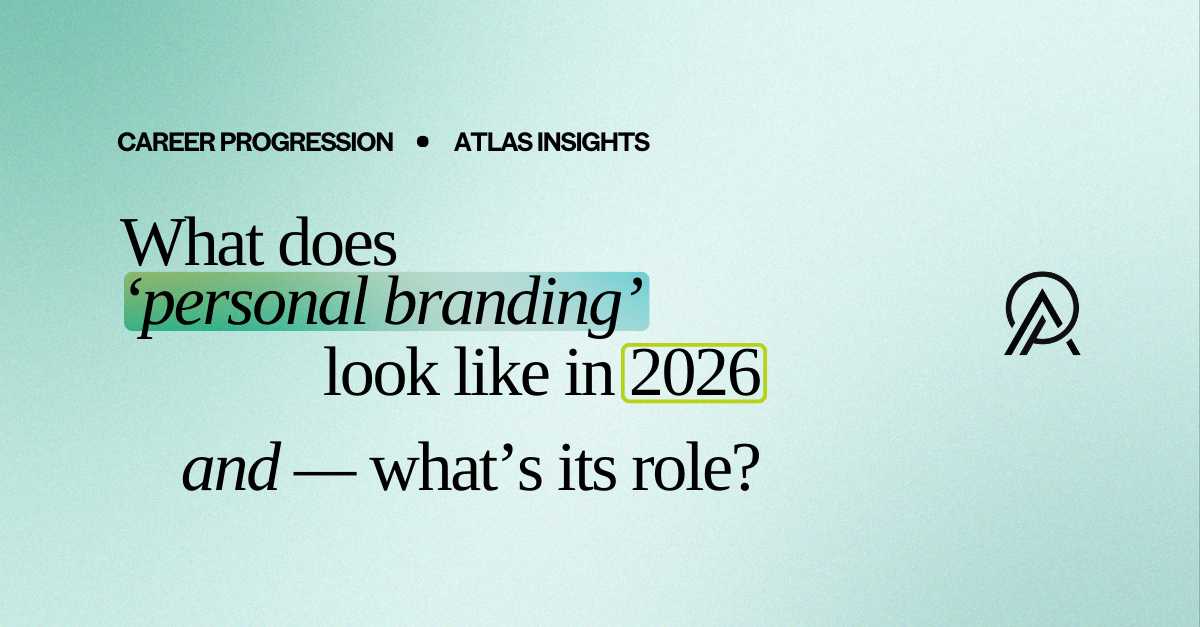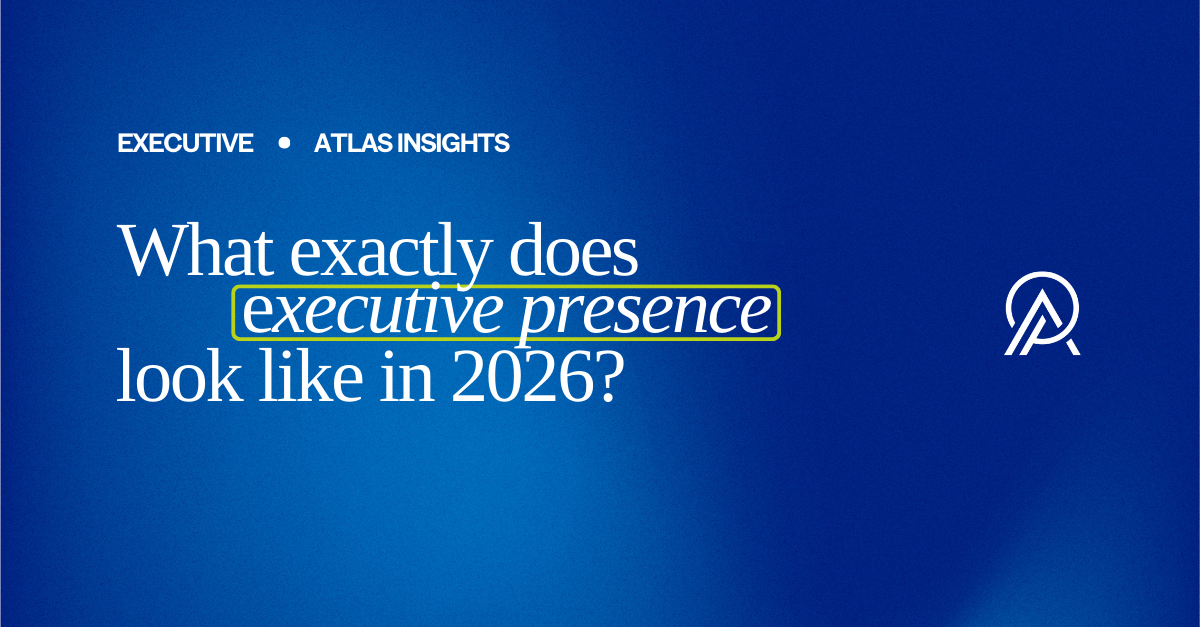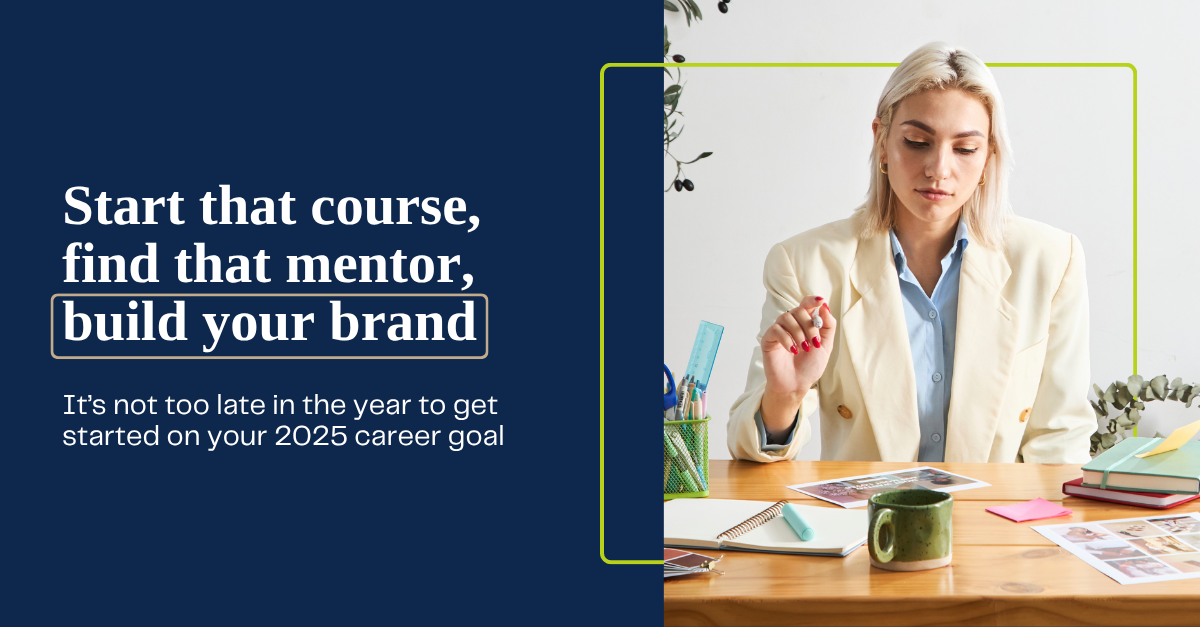Pathways — Beau Turner, Callaway Golf
Be yourself. Stay connected and network. Remain curious and persistent — this is the ethos Beau Turner, Finance Director of Callaway Golf, has built his impressive career on — and the advice he passes on to any aspiring leader. Beau Turner has been instrumental in leading Callaway Golf through the transformative COVID years, witnessing the rebirth of a beloved sport and industry — he sat down with Atlas Partners Director Liam Killen to talk career, CPA and great-shots.
Beau Turner, thank you so much for joining us today. Beau, can you just give us a snapshot of your career and your journey so far?
I started my career in CPA public practice. I started in business services and tax, delivering audits as well. I primarily focused on SMEs but touched on large enterprises during that time. That was my grounding in financial and tax accounting, the technical side and statutory accounting. I spent under six and a half years in public practice, finished my CPA, grew to a manager role, managed some larger clients, and built strong relationships. I still use a lot of that experience today. I had some great mentors during that time and asked a thousand questions. Even now, I still ask a lot of questions, though different ones, but a lot of that deep tax and financial accounting were building blocks for my career.
After that, I expanded more commercially and across wider business after moving into the industry. I decided to move to industry for a change and to expand my knowledge in a business environment. I moved to a business called Comquest, which was recently listed, so there was an IPO. The front end was growing quickly with some great entrepreneurial minds and businesses coming together. My role was to tie it up at the back end. It was challenging but I learned a lot during those formative years. The business grew rapidly, and I was involved with the board and private equity ownership for about four years. I gained a reputation for building teams and processes.
After that, I got the chance to join Sensis with some pretty cool people, just post the Telstra transaction. It was a private equity-backed business out of the US. I helped set up the first customer profitability and product profitability at Sensis. It was a busy and exciting time, and I met a lot of great people. After that, I joined Callaway, which has been a great story for the last eight or nine years.
Tell me about Smart Group, I’m interested to see how you moved into that environment straight out of practice. What were you learning in those early days, and how did it prepare you for an intense M&A growth journey?
I relied on the building blocks I talked about before. Training and asking thousands of questions over those seven years prepared me for what came, though in some ways I wasn’t ready. The biggest learning was stakeholder management and communicating with non-finance people. Different folks on the board and leadership team had varying understandings of finance and accounting. It was a lot of learning and work, from consolidation to technical accounting, to commercial aspects, contracts, compliance, and audit requirements. It required time management and clear communication with the organisation to ensure we were doing what we were supposed to be doing.
Moving on to Callaway now. You said you’ve been with the organisation for eight or nine years. Take us through the structure and your roles over that journey.
Sure. I left Sensis and got a call to help a finance team at Callaway that had some challenges. I was happy to get the role, being a sports fan. Initially, it was a regional financial controller role for Australia, New Zealand, South Pacific Islands, and India. The golf industry was flat globally, so it was a challenging market. I learned a lot about the market, our brand, and our products. We focused on margins and profitability. It was a turnaround story with a new CEO in 2014. We’ve been in a period of M&A since, acquiring Ogio, TravisMathew, Jack Wolfskin, and merging with Topgolf in 2020.
Callaway is now 30% golf equipment, 30% apparel, and 30% technology and entertainment. The business has changed dramatically, becoming a manufacturer, importer, exporter, wholesaler, retailer, and entertainment business. I now serve as a finance director with a great team locally and support from India. It’s been a fun journey.
You mentioned that when you first started, golf was flat globally, but it has rebounded extraordinarily post-COVID. What’s it been like being on that growth journey and leading through that high growth, fast-moving environment?
COVID was the kick the industry needed. There were pockets of growth in simulator golf and Topgolf, but traditional golf had been flat. COVID brought a 20% increase in engagement, with 200,000 extra golfers. Our strategy is set from the top down, aligning everyone’s KPIs, which keeps us united. Trusting the team, managing hybrid working environments, and building relationships locally and internationally have been critical. We focus on the person and not just the business outcome. For eight or nine years, we’ve done weekly updates on personal well-being and weekend plans, which fosters connection and care.
You’ve had an active role in CPA Australia. Tell us a bit about that and the organisation’s role in your career.
CPA is an awesome organisation. The engagement and connection, sharing ideas, and attending events like CPA Congress have been valuable. It has played a huge part in my career. I got involved by chance and have met many people, leading the corporate committee in Victoria through COVID, and adapting to virtual events. It’s great to be part of an organisation that supports accountants and finance professionals.
What does mentorship mean to you and the role of your network in your career?
It’s huge. I have many mentors, both formally and informally. Mentorship has been crucial for my career and life. It’s important to ask questions and learn from others, not just in finance but across different fields. My mentors help me understand business, life, and family. It’s an underestimated but vital aspect of growth.
Any advice for aspiring leaders who want to be the CFO or finance director of tomorrow?
Be yourself. Stay connected and network. Talk to people, attend industry events, and share your story. Remain curious and persistent. Prepare well to prevent poor performance and stay true to your commitments. At Callaway, we value staying hungry and humble, and having fun. If there’s no laughter in the organisation, something’s wrong. Enjoy what you do.
Thanks, Beau. Appreciate you joining me.
Thanks, Liam. Appreciate it.
